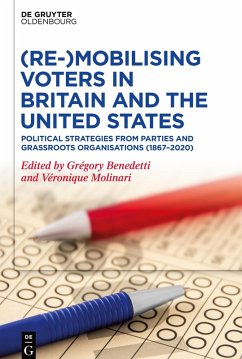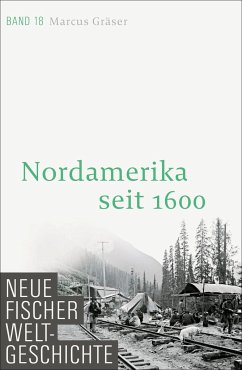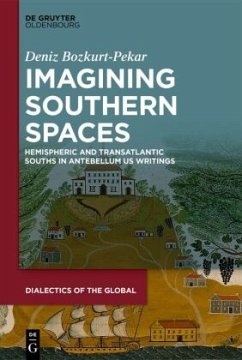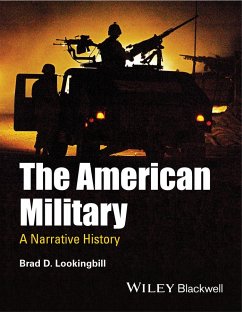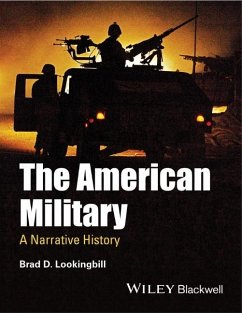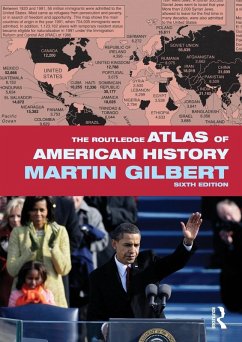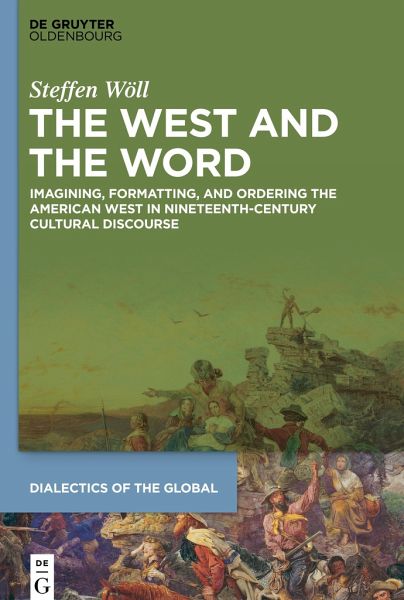
The West and the Word
Imagining, Formatting, and Ordering the American West in Nineteenth-Century Cultural Discourse
Versandkostenfrei!
Versandfertig in 6-10 Tagen
77,99 €
inkl. MwSt.
Weitere Ausgaben:

PAYBACK Punkte
39 °P sammeln!
Western expansion in North America has mainly been described as either a linear sequence energized by nineteenth-century nation-building processes at a moving frontier, or as the practice of settler colonialism and its exploitation of resources and displacement of nonwhite peoples. This book suggests that shifting the focus from this binary pattern towards spatial imaginations and spatialization processes-a new theoretical framework developed at SFB 1199-provides novel insights into the placemaking dynamics of the American West. It brings to light a discursive diversity that often contradicts ...
Western expansion in North America has mainly been described as either a linear sequence energized by nineteenth-century nation-building processes at a moving frontier, or as the practice of settler colonialism and its exploitation of resources and displacement of nonwhite peoples. This book suggests that shifting the focus from this binary pattern towards spatial imaginations and spatialization processes-a new theoretical framework developed at SFB 1199-provides novel insights into the placemaking dynamics of the American West. It brings to light a discursive diversity that often contradicts unidirectional interpretive patterns. It becomes clear that while some discourses solidified into spatial metanarratives like the character-shaping clash of civilizations at the frontier or manifest destiny, alternative spatial imaginations exist juxtaposed to or obfuscated by canonical interpretations. Making use of a variety of sources (including works of literature, poetry, newspapers, paintings, and speeches) to access spatialization processes on several sociocultural scales, the book presents a careful exploration of the parameters that inform(ed) the creation, affirmation, and subversion of spatial imagination of the American West throughout the nineteenth century from the perspective of American Studies.





